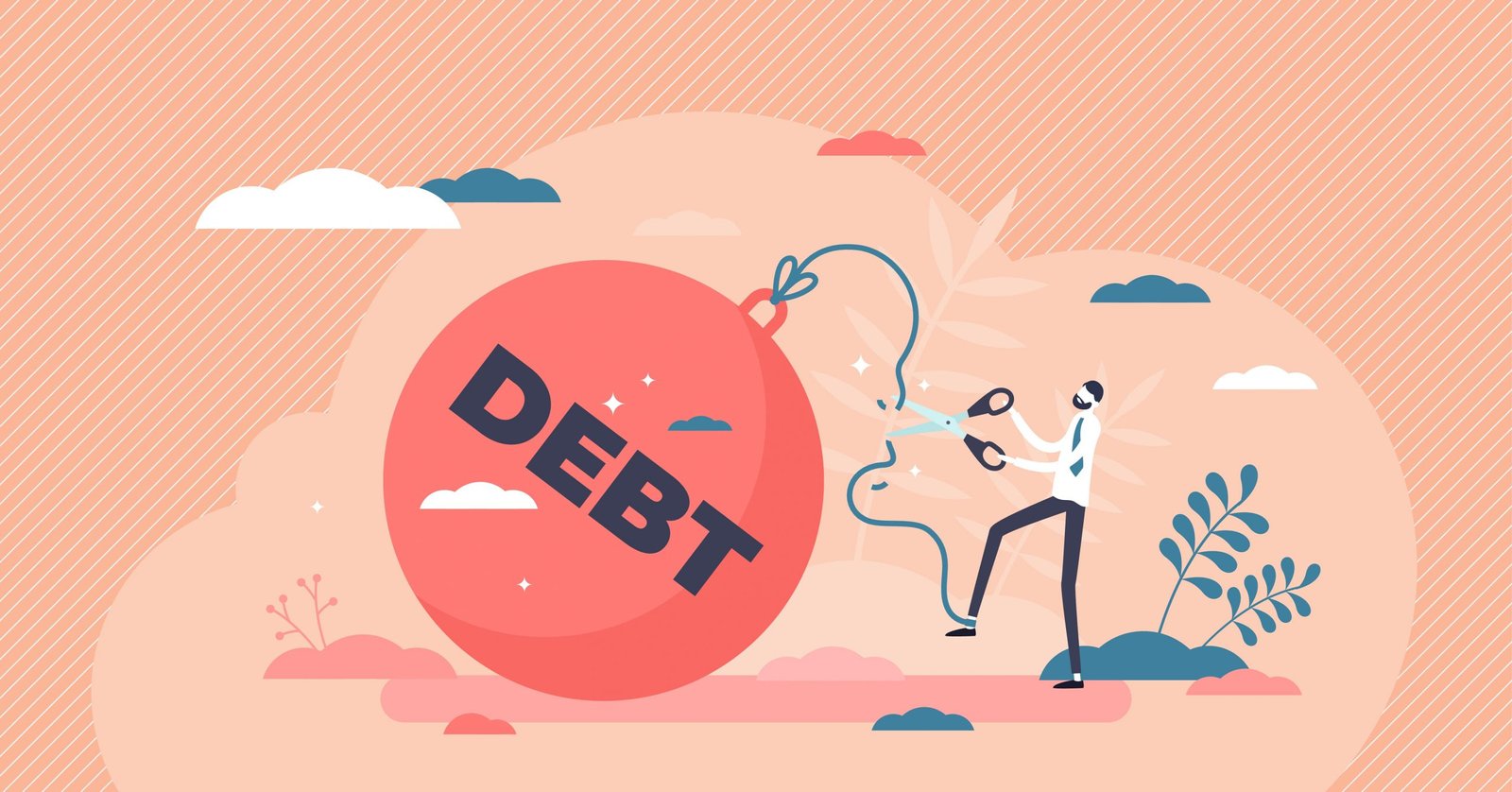Debt stress can make life feel overwhelming, but there are simple ways to manage it. By taking quick and effective actions, you can regain control of your finances and start feeling better. Let’s explore the best strategies on how to reduce debt stress quickly and improve your peace of mind.
Understanding Debt Stress
What Is Debt Stress?
Debt stress happens when you feel worried or anxious about owing money.
- Signs of Debt Stress: Difficulty sleeping, constant worrying, and trouble focusing.
- Why It Matters: Debt stress can affect your mental health and decision-making.
Why Reducing Debt Stress Is Important
Stress from debt can lead to health problems and impact your daily life.
- Mental Health: High stress levels can cause anxiety or depression.
- Physical Health: Stress may lead to headaches, fatigue, or other health issues.

Quick Steps to Reduce Debt Stress
Assess Your Financial Situation
The first step is to understand how much debt you have.
- List Your Debts: Write down all your debts, including balances, due dates, and interest rates.
- Review Your Budget: Check your income and expenses to see where you can save money.
Create a Payment Plan
A clear plan makes it easier to manage debt.
- Prioritize High-Interest Debt: Focus on paying off the debts with the highest interest rates first.
- Use the Snowball Method: Pay off small debts first to build confidence and momentum.
Communicate with Creditors
Talking to creditors can help you reduce stress and find solutions.
- Request Lower Interest Rates: Some creditors may agree to lower your interest rates.
- Negotiate Payment Plans: You can ask for more manageable payment terms.
Stress-Relief Techniques
Practice Mindfulness
Mindfulness helps you stay calm and focused.
- Meditation: Spend 5-10 minutes a day meditating to reduce anxiety.
- Deep Breathing: Take slow, deep breaths when you feel stressed.
Stay Physically Active
Exercise is a great way to manage stress.
- Go for a Walk: A quick walk can clear your mind and boost your mood.
- Try Yoga: Yoga combines movement and relaxation, helping you feel better.
Financial Tips to Reduce Debt Stress
Build an Emergency Fund
Even a small emergency fund can ease financial stress.
- Start Small: Save a little each week to build your fund.
- Use it Wisely: Only use the fund for true emergencies.
Cut Unnecessary Expenses
Saving money can help you pay off debt faster.
- Track Spending: Identify areas where you can cut back, like dining out or subscriptions.
- Set a Budget: Stick to a budget to avoid overspending.
Seeking Professional Help
Talk to a Credit Counselor
Credit counselors can give you advice and support.
- What They Do: Help you create a budget and plan for paying off debt.
- Where to Find Them: Look for certified non-profit credit counseling agencies.
Consider Debt Consolidation
Debt consolidation combines multiple debts into one payment.
- Benefits: Lower interest rates and fewer payments to manage.
- How to Do It: Use a consolidation loan or work with a debt relief company.
Stay Positive
Focus on Small Wins
Every step you take matters.
- Celebrate Progress: Reward yourself for paying off a debt or sticking to your budget.
- Stay Motivated: Remind yourself why you’re working to reduce debt.
Surround Yourself with Support
Having support makes the process easier.
- Talk to Friends or Family: Share your feelings with people you trust.
- Join Online Groups: Connect with others facing similar challenges.
Avoid Common Mistakes
Ignoring Debt
Ignoring debt only makes the problem worse.
- Take Action: Face your debt head-on and start making changes.
- Ask for Help: Reach out to professionals or loved ones if you feel stuck.
Relying on Quick Fixes
Be cautious of programs that promise instant results.
- Research Carefully: Ensure any debt relief company is reputable.
- Think Long-Term: Focus on solutions that provide lasting benefits.
Final Thoughts
Learning how to reduce debt stress quickly is about taking small but meaningful steps. By understanding your situation, creating a plan, and practicing stress-relief techniques, you can feel more in control of your finances. Start today, and take one step closer to a stress-free life!










One thought on “How to Reduce Debt Stress Quickly”
Comments are closed.